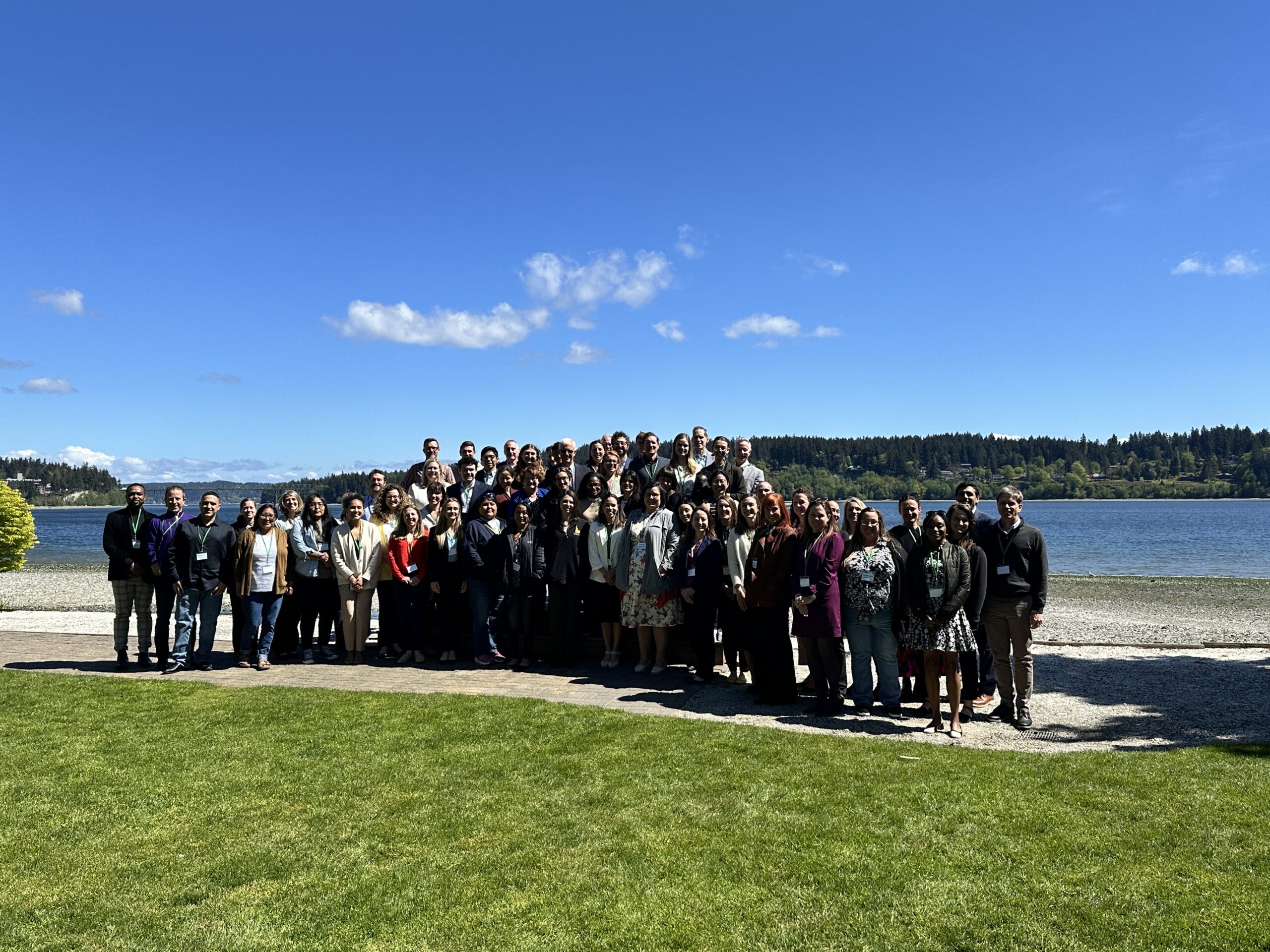The Rural PRO-CARE Coordinating Center centers equity goals and increase synergistic impact in the network while allowing sites to elevate their innovations.
The Rural Health Equity and Research Network (HERN) is funded by the American Heart Association.
Each of our projects is developing and testing technology- based implementation strategies to promote uptake of evidence-based interventions within local rural practice in the US. The University of Washington (UW) is a nationally recognized leader in the emerging field of implementation science and UW Coordinating Center is well-positioned to support the design, implementation, and dissemination of the research network. The Rural PRO-CARE Coordinating Center has three cores: Administrative, Training, and Health Services and Implementation Research. Our diverse team of nurses, pharmacists, physicians, economists, lawyers, and policy experts adds value to each project and promotes synergy across projects.
We believe in equity and inclusion and are proud to have more then 75% of our key-personnel in the Coordinating Center from under- represented groups in science and medicine. In addition, 60% of all key personnel across the entire network are from under-represented groups in science.
Who Are We?
The Coordinating Center supports logistical and synergistic needs of the Rural PRO-CARE Network projects. Research institution locations are the University of Washington, Oregon Health & Science University, Duke Clinical Research Institution, Cincinnati Children’s Hospital, and Palo Alto Veterans Institute for Research.
Where We Are Working
Rural PRO-CARE research institutions are partnering with various project sites that span across the United States to reach a diverse set of rural communities.

